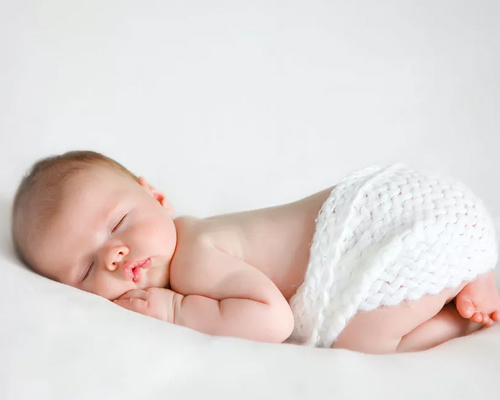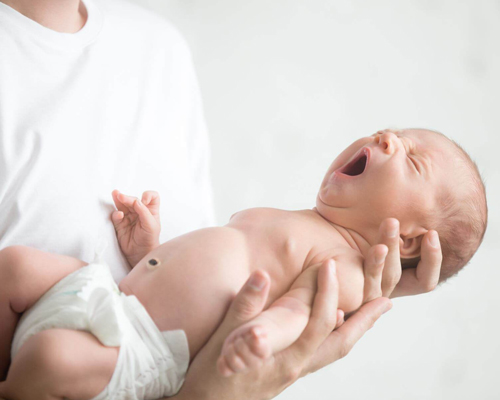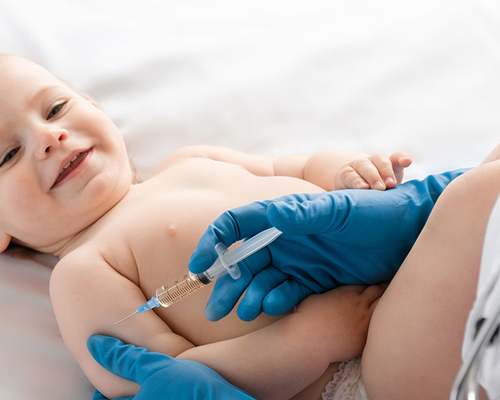Introduction:
The history of assisted reproductive technology (ART) in India is marked by groundbreaking milestones that have revolutionized the realm of fertility treatment but before I start to explain about the first IVF baby in India, you must know the history of it.
Among these milestones stands the remarkable story of the birth of the first IVF baby in India, a monumental event that changed the landscape of reproductive medicine in the country.
The Birth of the First IVF Baby in India:
October 3, 1978, marked the auspicious beginning of Durga Puja in Kolkata. For the Agarwal family, amidst this festive fervor, a significant decision unfolded. They bestowed upon their newborn daughter a fitting name – Durga, signifying India’s pioneering test tube baby. Fast forward to India’s 75th year, and Kanupriya Agarwal (45), also known as Durga, resides in Mumbai with her husband and their nine-year-old daughter. Her existence is a testament to gratitude, for her birth opened pathways for women struggling with conception. Remarkably, Kanupriya herself experienced a natural conception.
Reflecting on the present, Kanupriya remarks on the IVF revolution. “In-vitro fertilization (IVF) treatments are now as accessible as over-the-counter vitamins, sometimes embraced even when not essential,” she observes. “Today, women have expanded choices. IVF empowers them to opt for pregnancy, especially for those considering motherhood later in life. Why should anyone be denied that choice? If we champion freedom of expression and the right to life, the freedom to decide when to have a child should be equally supported,” Kanupriya advocates.
The journey of Durga, India’s first test tube baby, resonates far beyond her own life. Her existence symbolizes the inception of hope for countless couples navigating infertility. Kanupriya’s perspective underscores the evolution of reproductive options, especially the profound impact of IVF in reshaping women’s reproductive autonomy.





